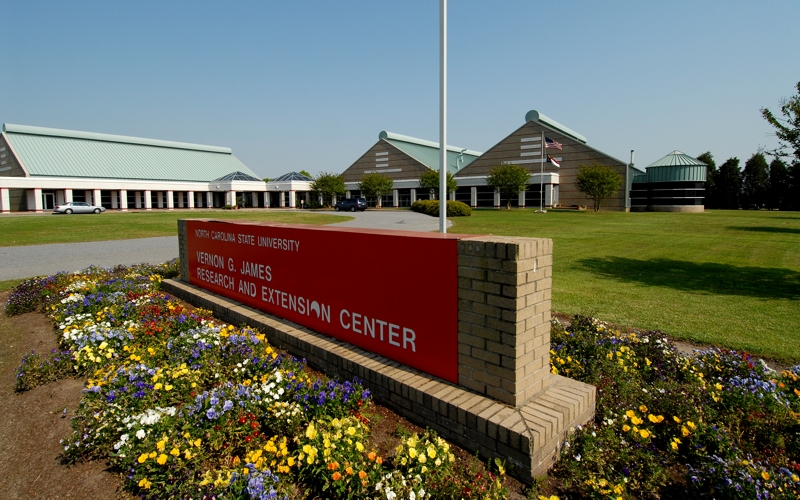Our History
A lot was going on in the late
1960's in the Blacklands of Eastern North Carolina. The economics were
favorable for expanded development of the high organic soils found
throughout the region. Smal individual landowners to large corporations
were clearing and developing thousands of acres for agriculture. A
tremendous economic expansion was taking place and the future looked
bright. We were within a days ride of almost all the major cities on the
East Coast. The Blacklands of Eastern North Carolina were the perfect
place to replace acres lost to roads, housing, shipping centers and
airports in other parts of the United States.
When opportunity presents itself, problems are not far behind and the
Blacklands were no exception. Problems varied from development
techniques, soil nutrient deficiencies, weed and insect control, barren
stalk of corn, water management and environmental issues.
This video was made at the
2016 BFMA Annual Business Meeting in Plymouth, the speakers are Paul
Lilley, Joe Landino, and Wade Hubers? The video was produced by the
family of Wade Hubers.
The North Carolina Cooperative Extension Service was being besieged with
questions they could not answer. Research was needed, but what was
needed first? Some type of group discussion was needed to form a
consensus. The association idea was already catching on for commodity
groups: why not a Blacklands Association?
In 1969, county extension directors from Beaufort, Hyde, Tyrell and
Washington counties contacted selected individuals to see if there was
any interest in such an organization. The interest was substantial and
the Blackland Farm Managers Association was officially formed in
January 1970. Carteret county was added later, because of Open Grounds
Farm.
The objective of the Association was simply stated: to improve our
understanding of management requirements needed to develop high organic
souls to best utilize their potential.
Membership was held to less than 50 and meetings only scheduled for the
winter months. Special meetings could be held anytime, but members were
adamant, they only wanted to meet when necessary, not every third
Tuesday each month. It was also agreed, we did not want commercial
companies attending our meeting to pitch their products.
Our meeting format has not changed in 30 years. Open discussion between
members or with invited experts on subjects of interest. The early
meetings were mostly about setting priorities on our many problems.
Right from the beginning, leaders from NC State, NC Department of
Agriculture and state legislators were attentive to our united voice.
This cooperation counties today and is a major force in our strength as
an Association.
The summer tour was designed to bring influential leaders, interested
farmers, agribusiness representatives and the general public into our
area, show them what was going on and treat them to a grand meal. Our
first summer tour was held in 1970 and the tradition continues.
We have tried to be a voice for the Blacklands since the beginning,
speaking up on relevant issues when necessary. Our first letter to the
Environmental Protection Agency was in 1972. We hosted a special tour
for Governor Jim Hunt in 1982, to impress him with the economic impact
of what we were doing and ask his help on the myriad of regulations
being implemented. Several meetings were held regarding what turned out
to be "Farmers versus Fisherman" from 1983 to 1985.

One of our first goals was to push for top of the line scientist, to
work on our problems and live in our area. This started paying off early
on, but really came to be twenty years later with the dedication of the
Vernon James Research and Extension Center in October 1990. We now have
a community of widely recognized scientist, in several different fields,
working and living in our area as a team.
Thirty years later we are still discussing some of the same issues we
started with such as: government regulations, environmental issues,
billbug control, weed control and marketing. This does not mean no
progress was made, because great gains have been accomplished. What it
really means is we still need the BFMA. We still have not reached the
full potential of the high organic soils we are blessed with.